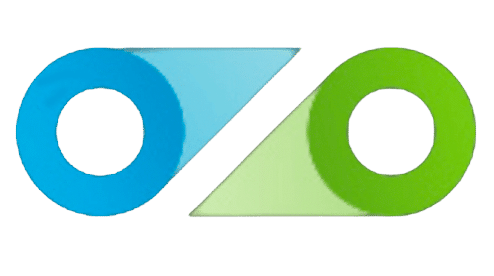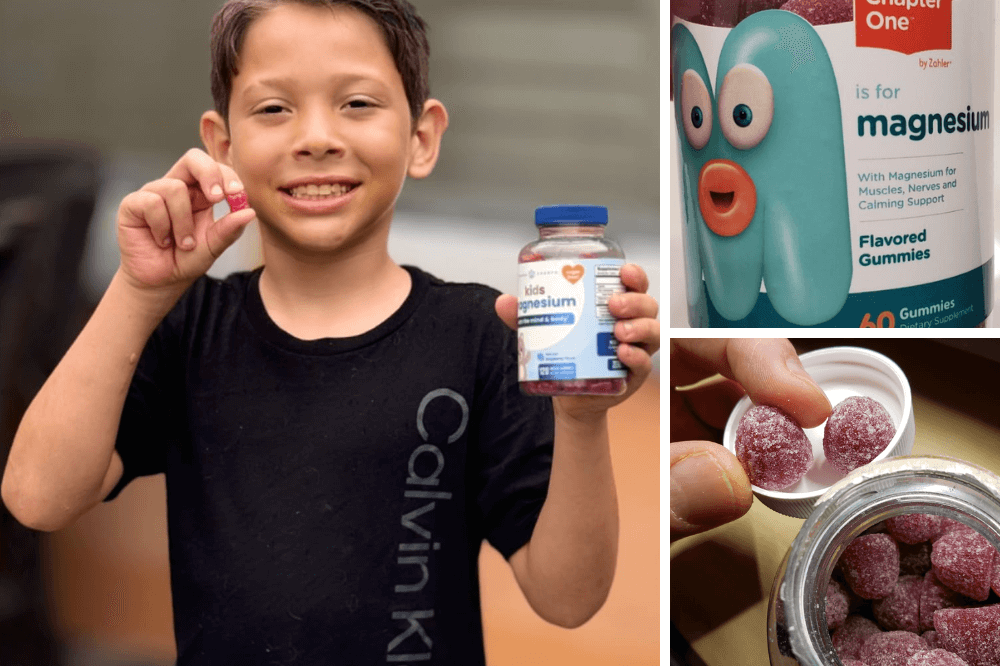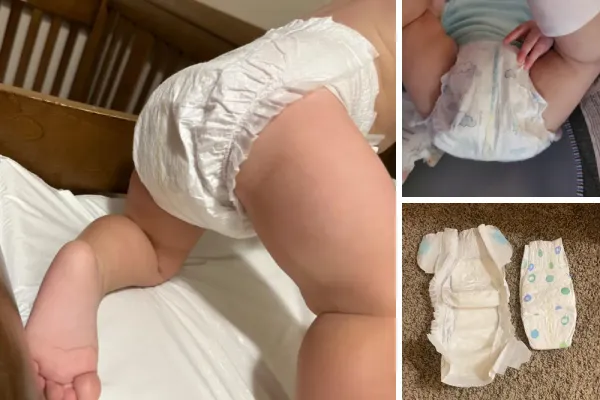It's the middle of the night, and your baby is crying. You fumble through the dark to grab the formula and try to make sense of the instructions on the bottle.
Is it okay if you give them cold formula? Or will it make them sick?
Here's what you need to know about giving your baby cold formula.
What is Cold Milk?
Cold milk refers to formula or breastmilk that has been cooled below room temperature before being served to the baby. This could mean anything from refrigerated formula or breastmilk right out of the fridge to freezing breastmilk into cubes and using them as teething relief. Many types of cold milk are available to nursing babies, but they all offer similar benefits.
Is Cold Milk Safe For Baby?
Most parents assume that they need to warm up their baby's milk before feeding it to them, but did you know there are more risks to overheating milk than giving your baby cold milk? It's true - while many parents choose to warm up their baby's milk, more risks are associated with overheating the milk than letting your baby drink it cold.
Interestingly, frozen breast milk can even be pain relief for teething babies - place your breast milk in an ice cube tray, allow it to freeze, and then give your baby the frozen breast milk cube in a mesh feeder.
So, if you're wondering whether it's safe to give your baby cold milk, rest assured that it is!

What If The Milk Is Too Hot
If you're a new parent, you might wonder how to heat your baby's milk safely. The first thing to remember is that you should never microwave cold breast milk or formula. Microwaves don't heat evenly, so there's a risk of hot spots forming in the milk, and this could lead to your baby getting burned when they drink the milk.
Instead of using the microwave, the most common methods for heating breast milk are a bottle warmer or place the bottle in a hot water bath. However, even when you use one of these methods, it's essential to use caution. Overheating the milk can destroy vital nutrients like immune-building antibodies.
So, when you're heating your baby's milk, make sure to do it slowly and carefully. That way, you can avoid potential risks and give your baby the healthy food they need.
Can baby drink cold milk?
When it comes to feeding your baby, you've probably heard all sorts of advice on what's best. From what type of milk to give them, how to warm it up (or not!) Here's the lowdown on whether or not you need to heat your baby's milk.
Many parents choose to warm up their baby's milk, mainly due to personal preference rather than health reasons. Breastfed babies will get their breast milk from the breast at body temperature, but babies who are formula-fed or taking a bottle of breast milk can drink the contents slightly warmed, at room temperature, or even cold straight from the fridge.
The most important thing is to use the right mixture of safe water and formula when making bottles and to store the formula or breast milk for your baby appropriately.
Beyond that, they can enjoy slightly warmed beverages - or straight from the refrigerator! This can be especially helpful for middle-of-the-night feeds. So there you have it - when it comes to heating your baby's milk, it's really up to you.
To Conclude
If you've ever tried to feed a baby cold milk, you know that it can be a tough sell. They often seem to prefer milk closer to body temperature, which makes sense when you think about it – after all, we tend to drink cold drinks in the summer and hot drinks in the winter. But is it essential to heat your baby's milk? Let's take a closer look at the pros and cons.
On the plus side, warm milk is easier for babies to digest, and that's because the enzymes in their digestive system work better at higher temperatures. In addition, warm milk is more similar to breast milk, which is typically around 98 degrees Fahrenheit – so if your baby is used to breastfeeding, they may prefer warm formula or milk.
However, there are also some potential risks associated with warming milk. First, it's essential to ensure that the milk doesn't get too hot – otherwise, it could scald your baby's mouth. In addition, heating milk can destroy some of the nutrients that are present in the liquid. For these reasons, it's generally best to err on the side of caution and stick with cold milk unless your baby seems truly unhappy with it.
Ultimately, whether you choose cold or warm milk for your baby depends on the personal preference of you and your baby. It's essential for parents and caregivers alike to be informed about proper safety protocols when serving warm milk so that everyone stays safe and healthy! At the end of the day, the choice is ultimately up to parents and caregivers on whether they want their nursling enjoy a refreshing cool beverage or warm bottle during mealtime!









